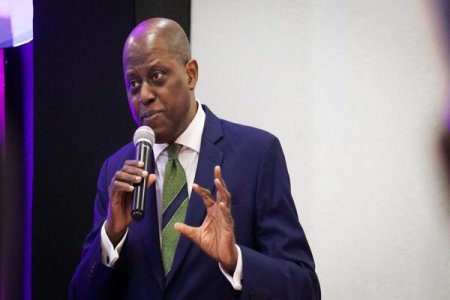
CBN Governor Olayemi Cardoso explained the rationale for floating the Naira to align official rates with market realities. He highlighted the need for credibility in monetary policy, acknowledging criticism but emphasizing transparency and stability. Cardoso also discussed raising the Monetary Policy Rate to combat inflation and improve market confidence.
In a recent address, Central Bank of Nigeria (CBN) Governor Olayemi Cardoso explained the rationale behind floating the Naira in the foreign exchange market, a step he deemed necessary to align the official exchange rate with market realities. This decision followed years of hesitation from previous governors who faced significant pressure but feared the repercussions of a massive currency depreciation.
Cardoso's initiative aims to address the disparity between official and parallel exchange rates, which had fostered arbitrage and eroded market trust. Speaking to the Harvard Club of Nigeria, he underscored the importance of credibility for effective policy implementation, stating, “Without credibility, no policy, however well-intentioned, can succeed.” He acknowledged that while the decision to float the Naira was met with criticism, it was essential for restoring market transparency and consistency.
He highlighted that recent statistics from the National Bureau of Statistics show progress in curbing inflation, although the CBN has yet to meet its targets. The Governor also mentioned the significant increase in the Monetary Policy Rate (MPR) to 27.25% as a crucial move to control excess money circulation and stabilize the economy. He emphasized the need for strong leadership to make tough decisions that favor long-term stability over short-term comfort.
As Cardoso reflects on his first year in office, he remains focused on enhancing market confidence and achieving sustainable economic growth in Nigeria.





